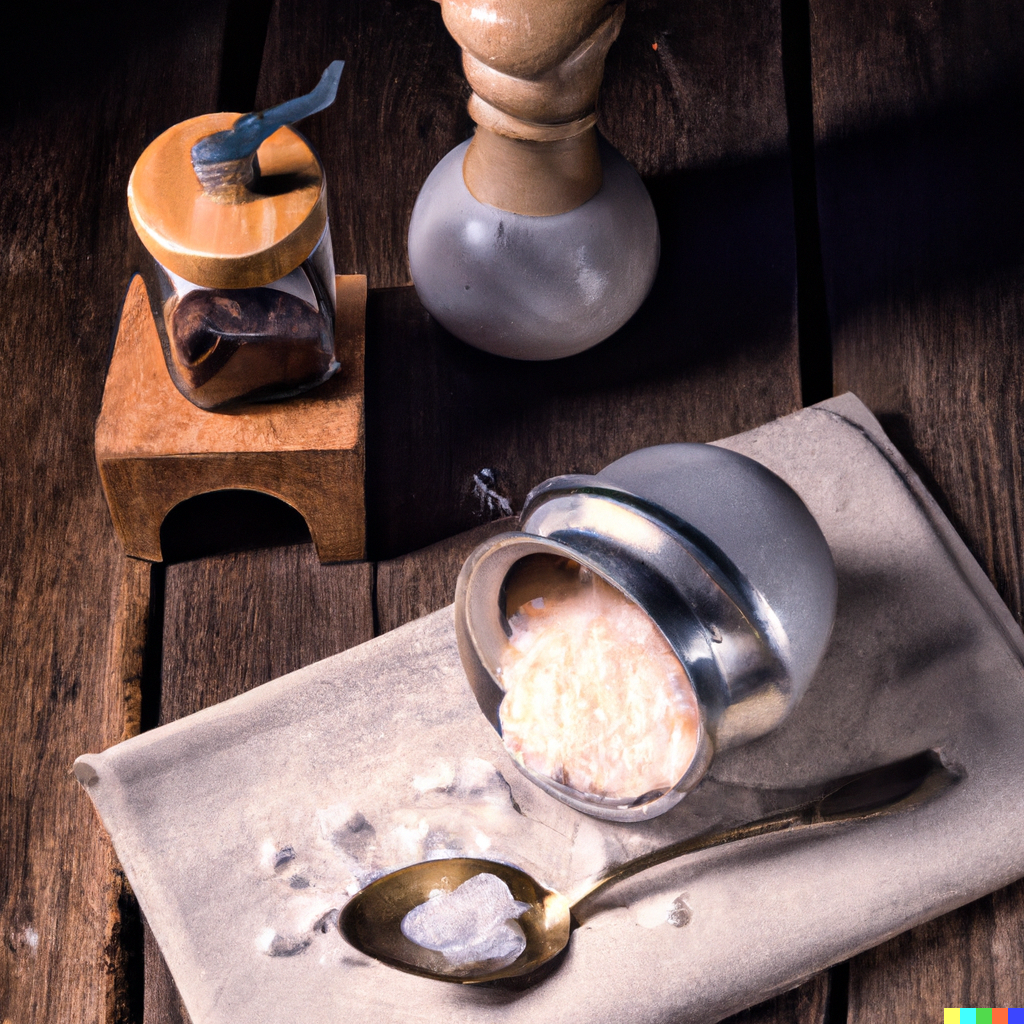
A recent study has flagged a concerning link between the habit of adding salt to food at the table and an increased risk of chronic kidney disease (CKD). The study, involving 465,288 participants, discovered a significant association between a higher frequency of self-reported salt addition to foods and heightened CKD risk.
Published in JAMA Network, the study highlighted that individuals frequently adding salt to their meals displayed a greater likelihood of being current smokers, having diabetes, or cardiovascular diseases at the study’s outset, amplifying concerns over CKD risk factors.
Rui Tang from Tulane University’s Department of Epidemiology in the US underscored the potential benefits of reducing salt addition at the table, proposing it as a viable strategy to mitigate CKD risk among the broader population.
Prior research has correlated increased salt addition to foods with elevated risks of cardiovascular diseases, premature mortality, and type 2 diabetes. This recent study extended these concerns to CKD, revealing an apparent association between frequent salt addition and heightened CKD risk.
Interestingly, the study observed that the positive link between salt addition frequency and CKD risk appeared to diminish among individuals with higher body mass index (BMI). Additionally, the impact of sodium intake on CKD risk was notably lower in participants engaged in regular physical activity, indicating that optimal exercise routines might mitigate the adverse effects of high salt preference on CKD.
These findings align with earlier studies emphasizing the positive association between increased physical activity and improved CKD outcomes, underlining the potential role of exercise in counteracting the detrimental impacts of excessive salt intake on kidney health.











